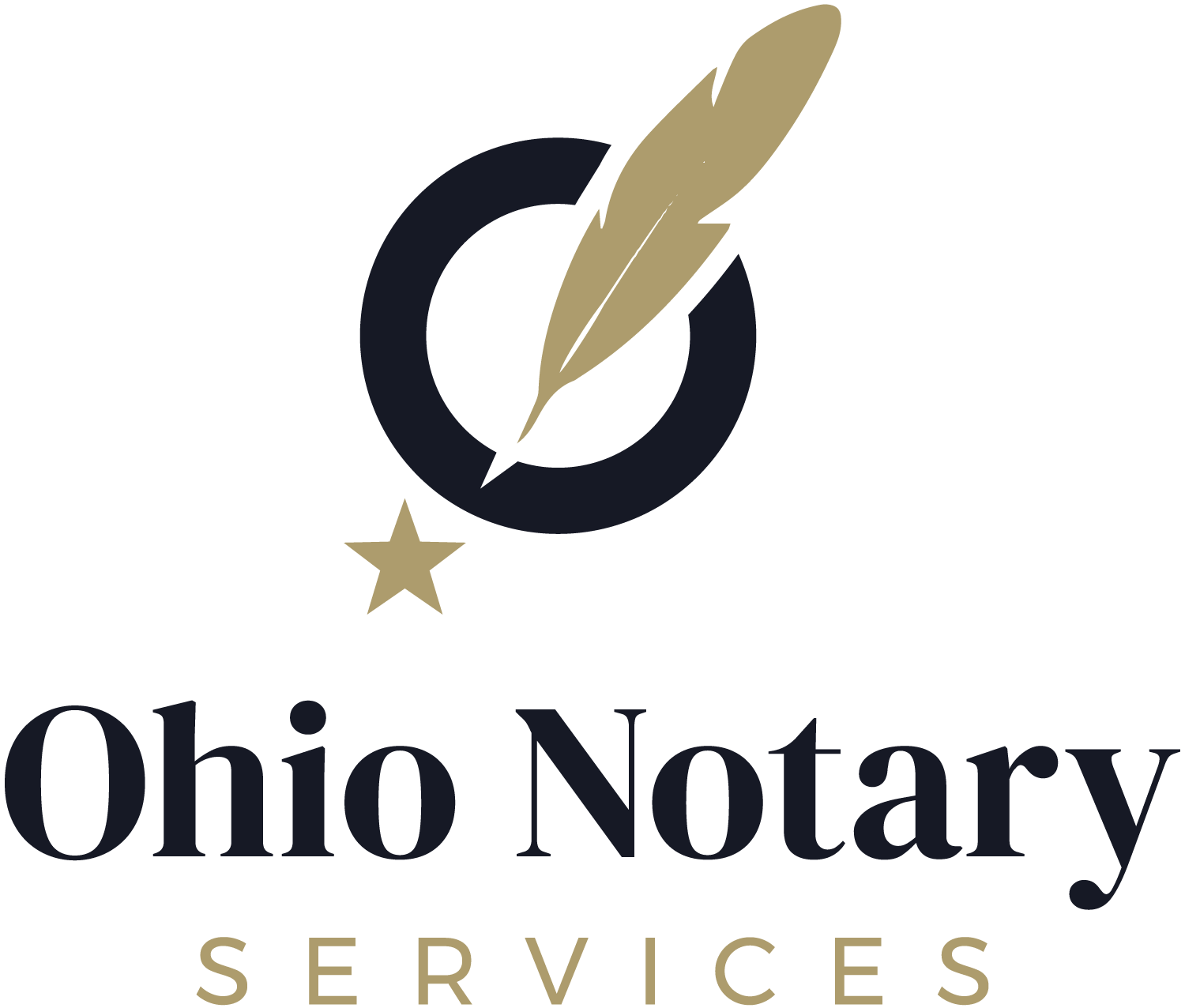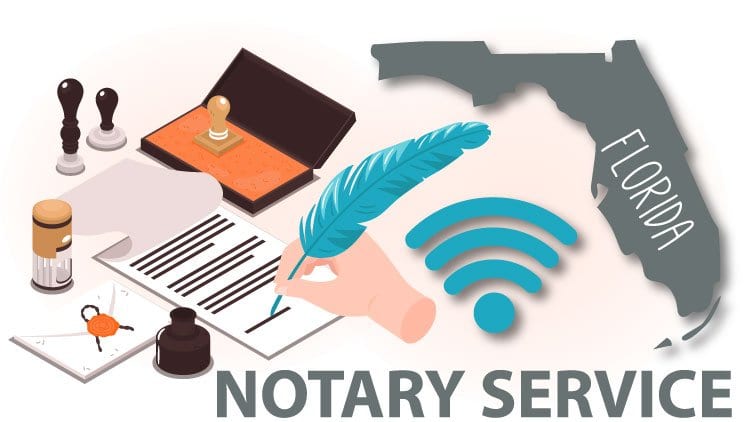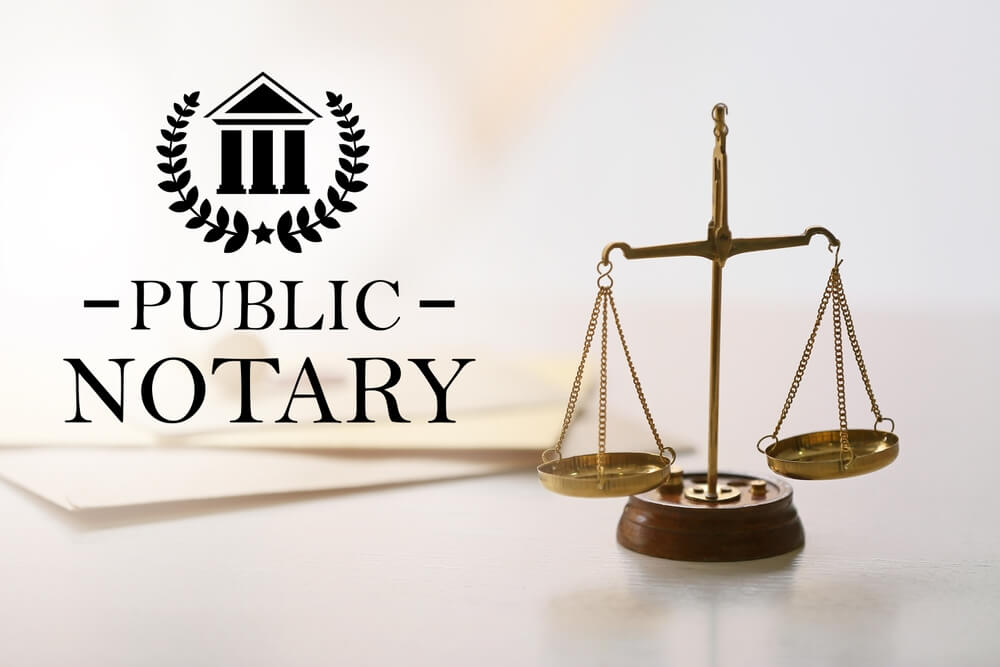Notary Public: Your Trusted Witness and Document Authenticator
Wiki Article
Debunking Notarial Job: Simplifying the Duty and Value of Notaries
Their duty, usually shrouded in secret for many, brings considerable weight in making sure the legitimacy and stability of critical papers. By untangling the intricacies shedding and surrounding notarial practices light on the relevance of their acts, a clearer understanding emerges of the essential role notaries play in supporting the fabric of legal and lawful agreements.The History of Notarial Job
The history of notarial work days back to ancient people, where scribes played a critical duty in recording vital information and confirming papers. This led to the growth of notaries, individuals assigned by the state to act as neutral witnesses in legal issues.
During the Middle Ages, notaries got importance in Europe, with their functions expanding to include drafting lawful files, certifying signatures, and maintaining records. The surge of worldwide trade even more stressed the value of notarial operate in verifying contracts and agreements throughout borders.
In the modern-day era, notaries remain to play a crucial role in lawful and business transactions by validating identifications, verifying the authenticity of records, and preventing fraud. Their role in accrediting the validity of contracts includes a layer of protection and depend the ever-evolving landscape of business and regulation.

Tasks and Obligations of Notaries
Notaries play an essential function in validating the authenticity of files and the identity of signatures. One of their primary duties is to witness the signing of essential records, such as agreements, deeds, and wills, to make sure that all parties are getting in into agreements intentionally and voluntarily.They license duplicates of original records, offering guarantee to organizations that the duplicates are real reproductions of the originals. On the whole, the obligations and duties of notaries are vital in safeguarding the integrity and legitimacy of various papers and purchases - Apostille.
Notarial Certificates and Signatures
Exhibiting careful interest to information, notarial certificates and signatures offer as necessary components in confirming the credibility of legal files. Notarial certifications commonly include critical details such as the date of notarization, the names of the signatories, a description of the record, and the notary's official seal. These certifications provide a clear record of the notarial act, ensuring that the document can be quickly identified and traced back to the notary that supervised the procedure.Signatures play an essential role in notarial job, as they signify the arrangement and authorization of the celebrations entailed. Notaries carefully witness the signing of records to confirm the identification of the signatures and verify that they are signing of their own complimentary will. By fastening their main seal and trademark to the document, notaries certify that the needed procedures have been complied with which the record is enforceable and legitimate.
Fundamentally, notarial certifications and trademarks are the hallmark of authenticity in lawful transactions, supplying go to the website guarantee to all events involved that the files are legitimate and binding.
Value of Notarial Acts

Notarization Process Discussed
Explaining the notarization process provides quality on try this out the vital actions associated with validating legal documents. The notarization procedure commonly starts with the individual providing the record to a notary public. The notary after that confirms the endorser's identification through acceptable identification techniques. Once the identity is verified, the notary makes sure that the specific authorizing the document does so willingly and without any kind of browbeating.
Final Thought

Notarial certificates commonly consist of important information such as the day of notarization, the names of the signatures, a description of the file, and the notary's official seal. These certificates supply a clear document of the notarial act, making certain that the file can be easily identified and traced back to the notary who managed the process.
By attaching their official seal and trademark to the paper, notaries license that the essential treatments have actually been complied with and that the file is valid and enforceable.
By validating the identification of the signatories, validating their desire to enter into the arrangement, and certifying additional reading the date and place of the signing, notaries play an important function in upholding the legitimacy of legal records.After the document is signed, the notary will certainly fasten their official seal or stamp onto the paper.
Report this wiki page